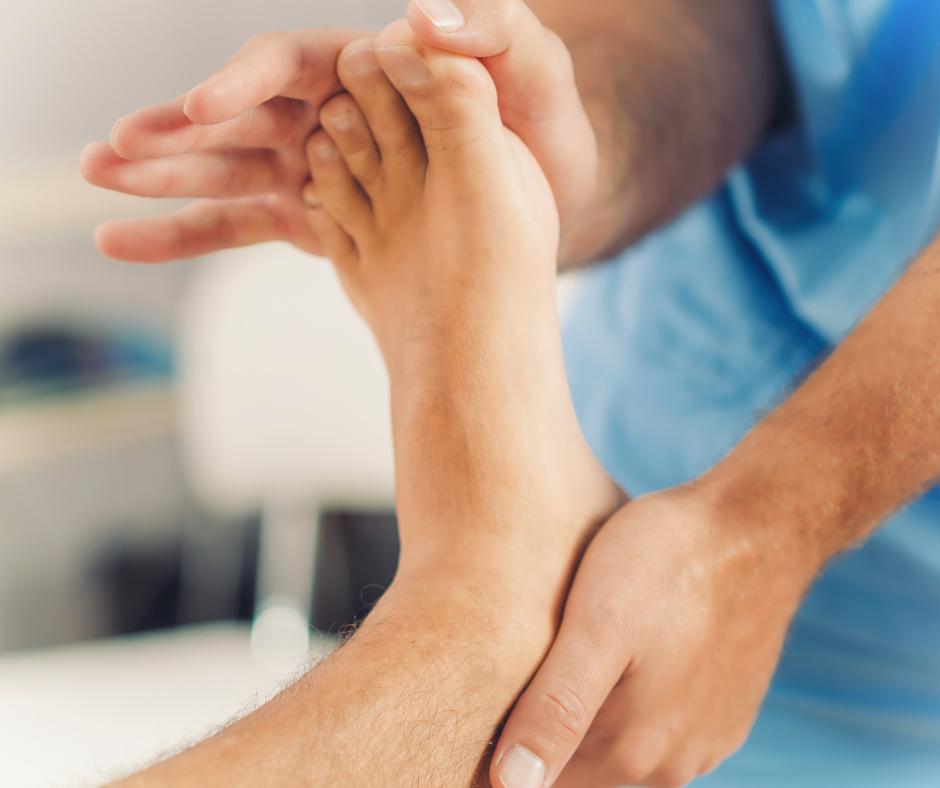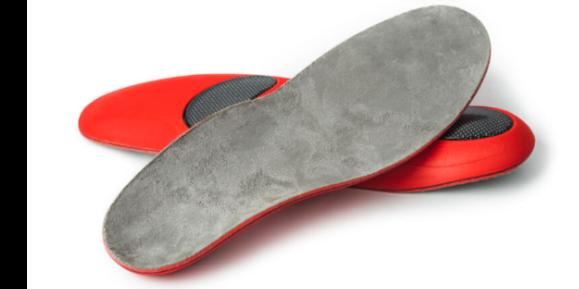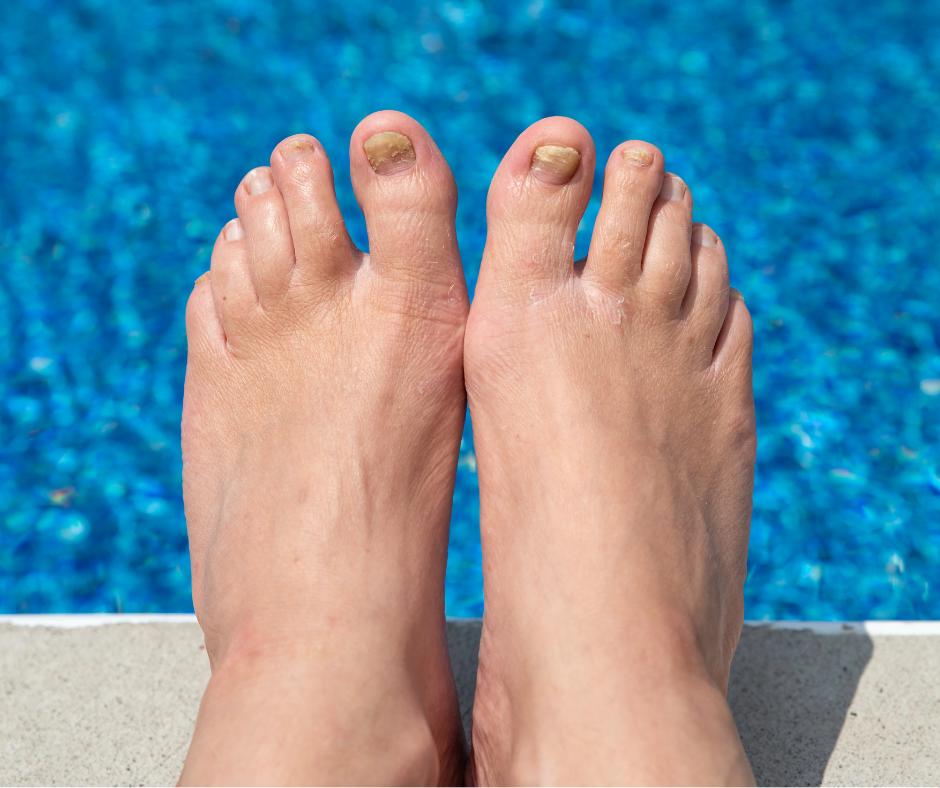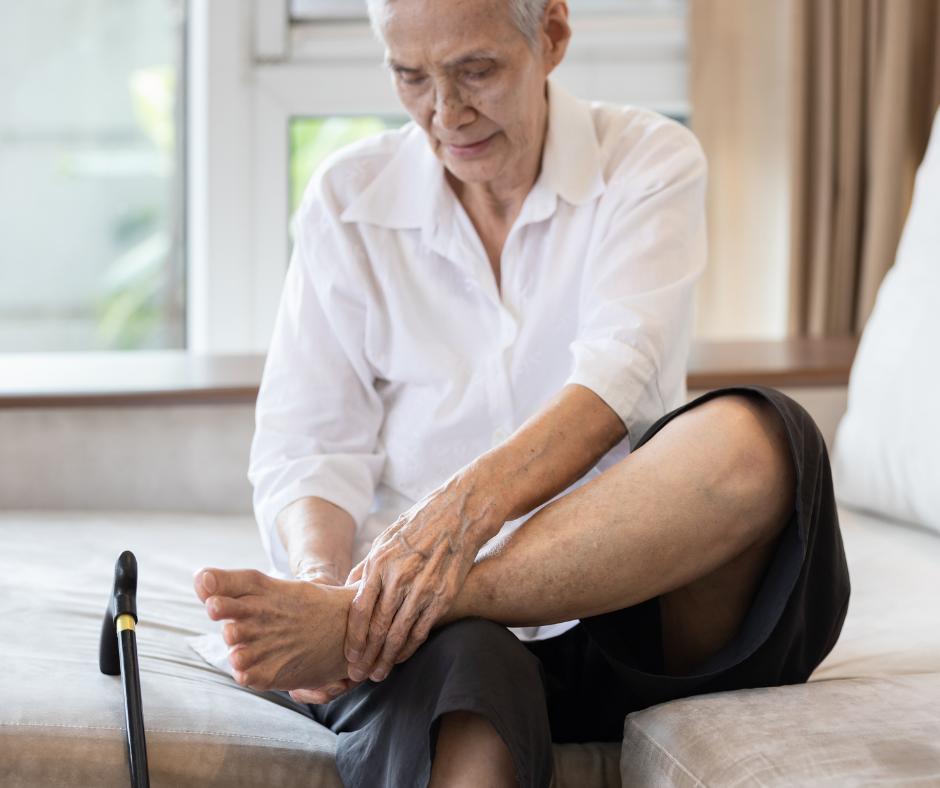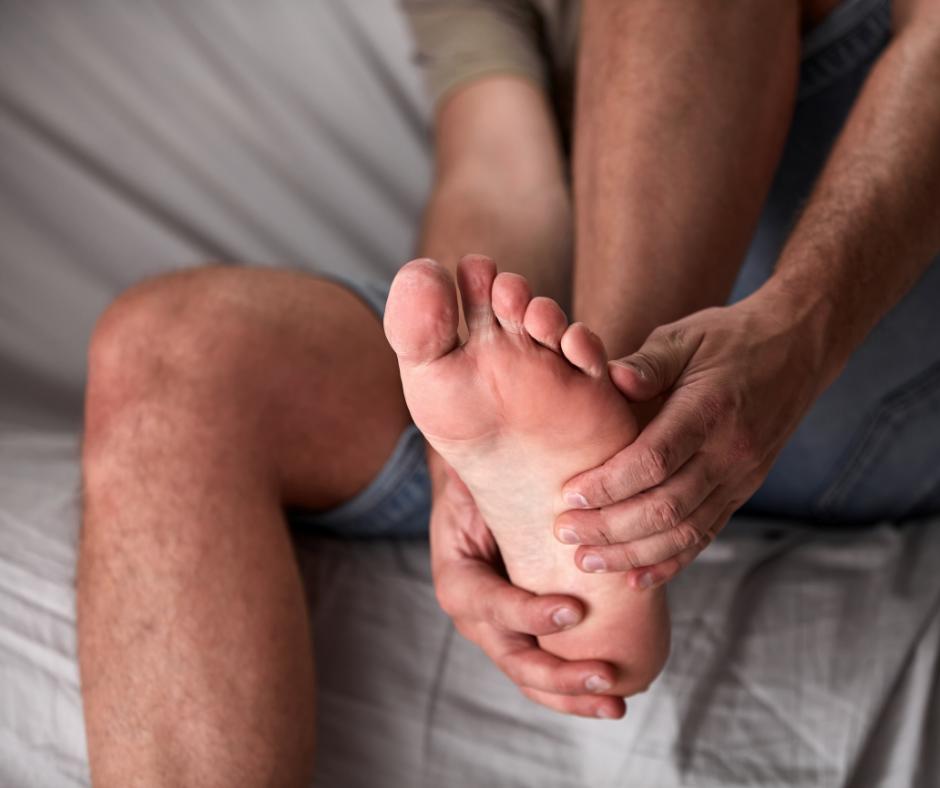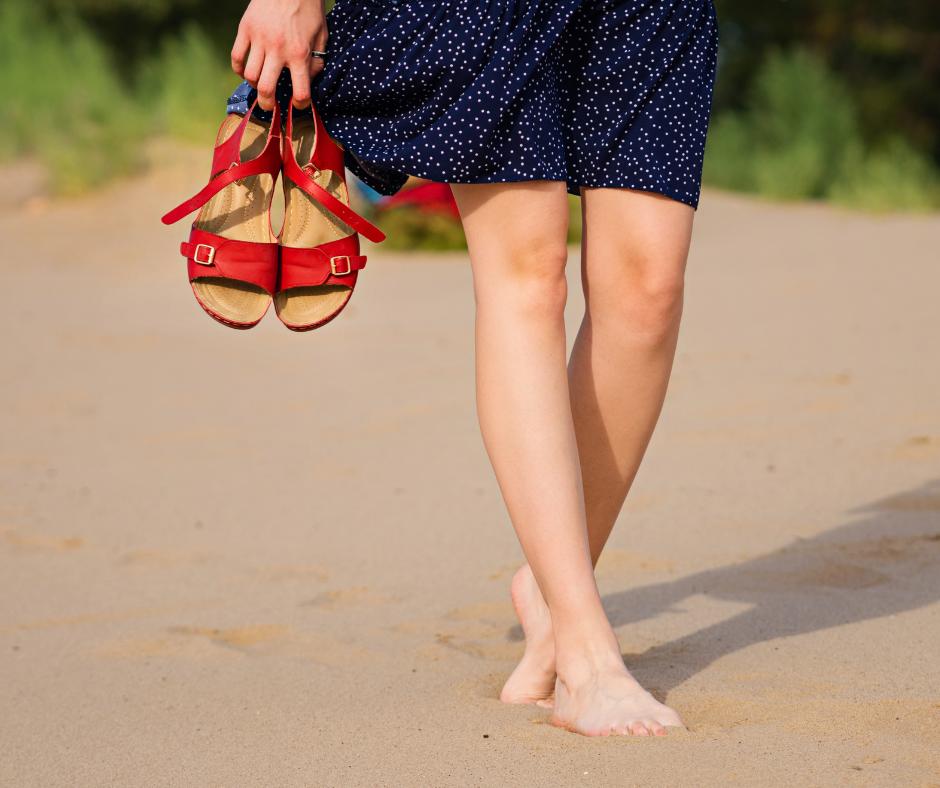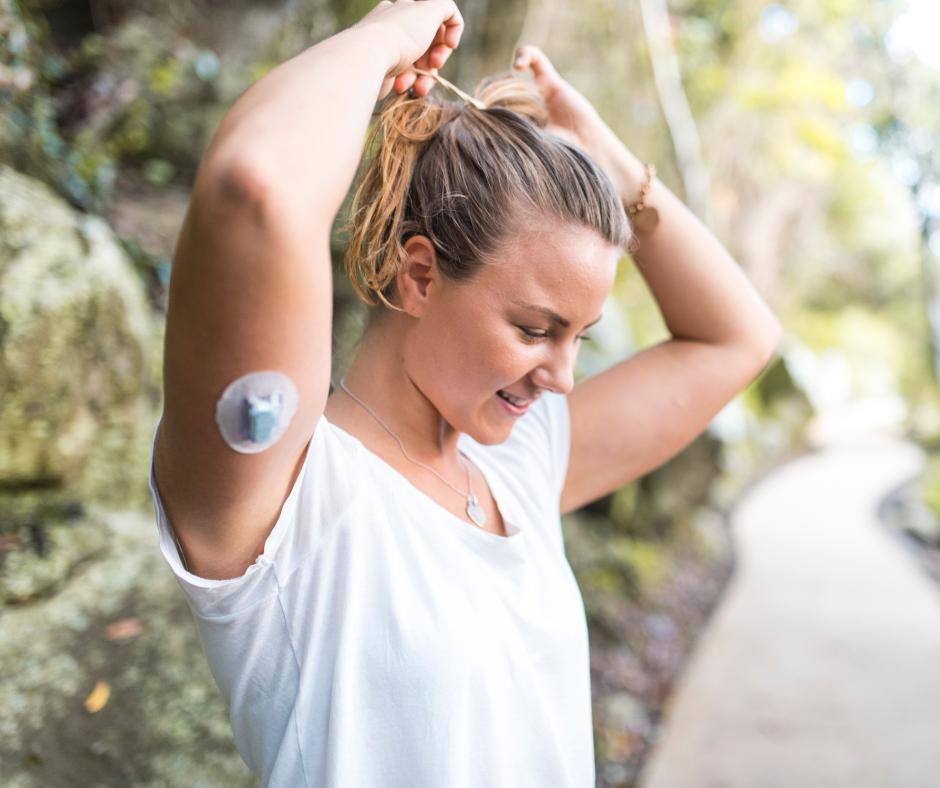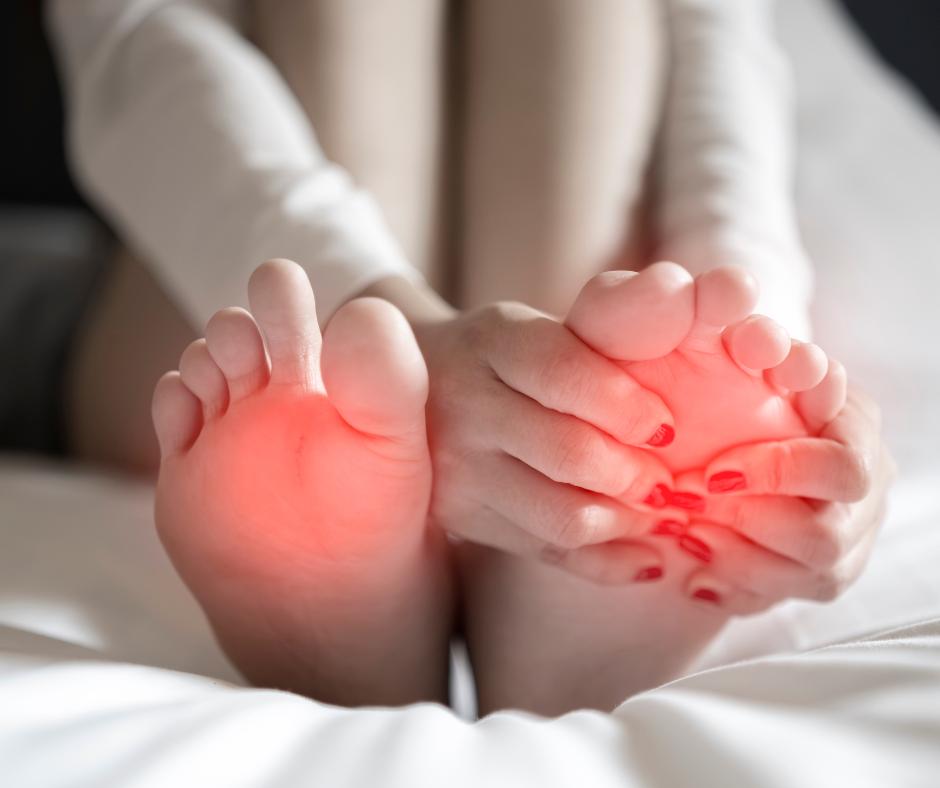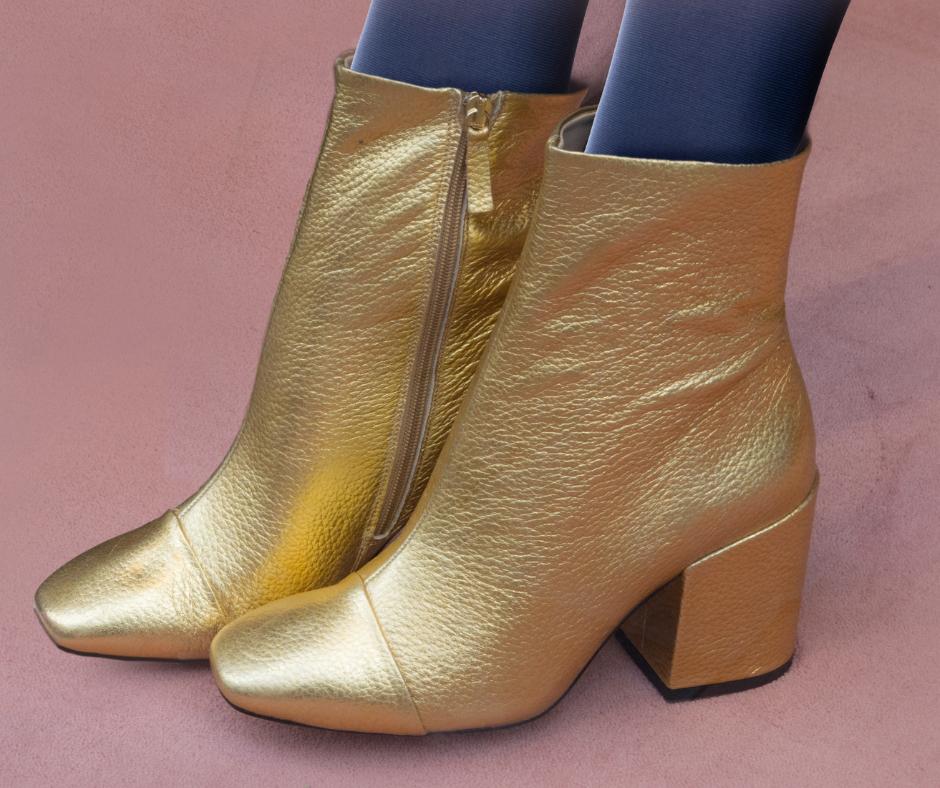1of388
Discovering Lesser-Known Foot Issues
- posted: Jul. 22, 2024
- Dr. Adam Mucinskas
- Podiatrist, Morton's Neuroma, Tarsal Tunnel Syndrome, Accessory Navicular Syndrome
When it comes to our health, our feet often don't receive the attention they deserve until a problem arises. While many are familiar with common foot ailments like bunions, plantar Read More
3 Ways Custom Orthotics Can Optimize Your Health
- posted: Jul. 15, 2024
- Dr. Adam Mucinskas
Custom orthotics are one of the best ways to give your feet the individualized support and proper alignment they may need, and they can be particularly beneficial for individuals experiencing foot pain, discomfort, or specific foot conditions. Read More
Common Summertime Foot Issues
- posted: Jul. 08, 2024
- Dr. Adam Mucinskas
- Plantar Fasciitis, Sunburn, Dehydration, Feet First Foot Care Specialists, Dr. Adam Mucinskas, Summer Foot Care, Fungal Infections, Athlete's Foot, Blisters, Swelling, Orthotic Inserts, Summer, Cracked Heels, Supportive Shoes
As the temperatures rise and sandals come out of hibernation, our feet often bear the brunt of summer's demands. Whether you're strolling on the beach or exploring new cities, it's Read More
Understanding Peripheral Artery Disease
- posted: Jul. 01, 2024
- Dr. Adam Mucinskas
- Feet First Foot Care Specialists, PAD, Diabetes, Smoking, Blood Flow, Peripheral Artery Disease, Vascular Disease, High Blood Pressure, High Cholesterol, Age, Gender
Peripheral Artery Disease (PAD) is a prevalent yet often underdiagnosed condition that affects millions of people worldwide. This chronic circulatory condition occurs when narrowed arteries reduce blood flow to the Read More
How Nutrition Affects Your Feet
- posted: Jun. 24, 2024
- Dr. Adam Mucinskas
- Feet First Foot Care Specialists, Diet, Dr. Adam Mucinskas, Foot Health, Nutrition, Food, Balanced Diet, Stay Hydrated, Limit Processed Foods, Iron, Omega-3 Fatty Acids, Vitamin E, Vitamin C, Protein, Calcium, Vitamin D
While most people think about footwear and hygiene for foot health, nutrition plays a crucial role, too. Understanding how diet impacts your feet can help you maintain strong, pain-free, and Read More
3 Things Your Foot Pain May Be Trying to Tell You
- posted: Jun. 17, 2024
- Dr. Adam Mucinskas
- Plantar Fasciitis, Feet First Foot Care Specialists, Footwear, Arthritis, Foot Pain, Heel Pain, Diabetes, Overuse Injuries, Nerve Disorders
Foot pain is more than just an inconvenience; it can be a signal from your body that something isn't right. While it's easy to ignore the occasional ache, persistent or Read More
Sandals or Flip Flops: Which Choice is Better for Your Feet?
- posted: Jun. 10, 2024
- Dr. Adam Mucinskas
- Feet First Foot Care Specialists, Dr. Adam Mucinskas, Footwear, Shoes, Sandals, Flip Flops
When choosing between flip-flops and sandals, several important factors come into play! Below, Feet First Foot Care Specialists, LLC compares these two choices to help patients determine which is better Read More
Diabetic Foot Care and Exercise
- posted: Jun. 03, 2024
- Dr. Adam Mucinskas
- Adam Mucinskas, Feet First Foot Care Specialists, Diabetic, Podiatrist, Foot Care, Foot Doctor, Diabetes, Foot Exams, Inspect Feet Daily, Daily Foot Care
Diabetes can affect many parts of the body, and feet are particularly susceptible. Common issues such as nerve damage and poor circulation can make it harder to feel injuries and Read More
Myths and Facts About Morton’s Neuroma
- posted: May 29, 2024
- Dr. Adam Mucinskas
- Feet First Foot Care Specialists, Dr. Adam Mucinskas, Footwear, Foot Pain, Surgery, Morton's Neuroma, Myth, Fact
From its causes to treatment options, separating fact from fiction about Morton’s neuroma is essential for managing this condition and finding relief. In this blog post, Feet First Foot Care Read More
Fashion vs. Foot Health: Striking a Balance Between the Two
- posted: May 20, 2024
- Dr. Adam Mucinskas
- Plantar Fasciitis, Achilles Tendon, Feet First Foot Care Specialists, Dr. Adam Mucinskas, Foot Health, Bunions, Ingrown Toenails, Metatarsalgia, Corns, Fashion, Fashionable Footwear, Morton's Neuroma, Foot Injuries, Heels
While we all love a stylish pair of shoes, these options often have a significant impact on foot health. In this blog post, Feet First Foot Care Specialists, LLC dives Read More
1of388
Questions or Comments?
We encourage you to contact us whenever you have an interest or concern about our services.
Call Today (860) 632-5499
162 West St Ste K Cromwell, CT 06416
Podiatrist - Cromwell, Feet First Foot Care Specialists, LLC, 162 West St Ste K, Cromwell CT, 06416 (860) 632-5499


